Examining the Lifetime Risk of Gastric Cancer in Patients With CDH1 Gene Variants
By Grace-Ann Fasaye, ScM, CGC - Last Updated: July 25, 2024Grace-Ann Fasaye, ScM, CGC, senior genetic counselor at the National Cancer Institute, highlights new research published in JAMA on the elevated lifetime risk of gastric cancer in patients with CDH1 gene variants.
She discusses how new risk estimates compare to what has been shown in previous research, and recommendations for genetic counseling for patients with gene variants.
00:00 CDH1 Pathogenic Variants and Lifetime Risk
02:32 New Versus Old Risk Estimates
05:12 Factors Contributing to Lower Risk
07:53 Management and Surveillance of CDH1 Variants
10:25 Genetic, Environmental Factors and Cancer Risk
11:52 Recommendations for Genetic Counseling
14:58 Ideal Screening for Patients With CDH1 Variants
What are CDH1 genes, and how are they associated with gastric cancer? What is the lifetime risk of developing gastric cancer in patients with CDH1 pathogenic variants?
Grace-Ann Fasaye: CDH1 is a gene that we all have, and it’s associated with preventing cancer from developing. We all have two copies of the CDH1 gene, but it only takes one copy to not work properly due to a pathogenic variant to increase the risk of developing cancer.
CDH1 ensures that our cells adhere to each other correctly, so it’s important to the architecture of our cells and our tissues. When the CDH1 gene has a pathogenic variant, it can’t create its protein, or it creates a dysfunctional protein in the form of E-cadherin.
If the E-cadherin protein can’t do its job as far as maintaining the cell adhesion and the structure of our cells, that can cause tumors to metastasize. CDH1 is a tumor suppressor gene; when it doesn’t work correctly, it increases the risk of cancer, specifically gastric and breast cancer.
As far as the risk of these cancers goes, that’s what we looked at in our penetrant study that came out in JAMA. We collaborated with other institutions so that we could gather a large data set of individuals and families with pathogenic variants and CDH1.
How do new risk estimates of gastric cancer compare with what has been shown in previous research?
Some initial gastric cancer estimates came out in about 2001, showing an 83% risk of gastric cancer in women and 67% in men. Over time, that risk in in subsequent studies has decreased. However, clinicians and patients may still believe that the risk of gastric cancer is extremely high when having a pathogenic CDH1 variant.
Another recent estimate that came out in 2019 utilized gene panel testing, and found that the risk was much lower than those initial estimates because the reason for testing was different most of the time. These estimates found a 33 to 42% lifetime risk for gastric cancer.
Our study that we recently published found an even lower estimate – the studies from 2019 had around 40 families that were analyzed, while our multisite study had 213 families, with the largest data set so far. We found a lifetime gastric cancer risk of 10% in men and 7% in women.
What factors potentially contributed to the lower risk of gastric cancer found in this study?
One of the reasons for this lower risk estimate was due to the larger data set that included various families who underwent genetic testing for various indication. Our study also focused on gastric cancers grade T1B or higher, while other studies did not.
We also performed a secondary analysis including all stages of gastric cancer, which showed an almost doubled risk of 13 to 19% versus 7 to 10%. Despite this, the risk was still much lower than the initial estimates from 20 or so years ago and still even lower than the studies from 2019.
How should these findings influence the current management and surveillance of individuals with CDH1 variants?
The initial option for patients with a high risk of gastric cancer used to be gastrectomy, followed by upper endoscopy. As this risk has been found to be lower, we have to rethink who the best candidates are for gastrectomy. We now take a more measured approach that takes various factors into consideration such as family history and who has been affected with cancer, how big the family is, and if affected members are experiencing early deaths.
If we aren’t seeing a strong family history and there’s no history of gastrectomy, then upper endoscopy and random biopsies for screening seems to be an approach that can be offered to people in addition to gastrectomy.
Gastrectomy is still on the table even with these lower risk estimates because compared to the general population, the risk is still significantly elevated. People can still be caught off guard with gastric cancer, especially if they’re not undergoing the recommended screenings, if they have CDH,1 or if they have a family history of CDH1 and have elected not to be tested.
Are there any plans to explore other genetic or environmental factors that might modify risks for individuals with CDH1 variants?
In our study, we looked at families with a strong family history of gastric cancer, meaning that 3 or more relatives had the disease. In those families, we found a higher lifetime risk of about 38%. In some families, there likely are some genetic modifiers that are making the risk higher beyond CDH1, and this definitely needs to be studied further.
When it comes to environmental factors, we have a good number of relatives in our study who are CDH1-negative and don’t have the pathogenic variant in their family. We didn’t see any gastric cancers in those families and those individuals who tested negative, so perhaps environmental components aren’t strong.
Our study also hints to the fact that there may be other genetic components, but this needs to be studied further.
Are there specific recommendations you would suggest for genetic counseling based on your study?
When individuals find out that they carry a pathogenic variant in CDH1, a key component of patient education is letting them know their cancer risk, management guidelines, and what recommendations there are for genetic testing for relatives. It’s very important to keep patients up to date with the current risk estimates.
Patients often do their own research, and oftentimes, educational materials that are online are not up to date. It can take a while for these resources to incorporate this new data. Many genetic test reports provide educational fact sheets that accompany the report and those sometimes also take a while to incorporate new information.
When it comes to stomach cancer, many people report anything that’s in the abdominal cavity as stomach cancer. In some families, gastric cancer can be over-reported when it’s really a colon cancer or a pancreatic cancer, or it can be under-reported as well.
When someone tests positive, it’s important to facilitate helping to track down pathology reports and death certificates if possible, because it can help patients to make decisions and cope with the information that this is a risk factor; it increases their risk, but there are measures such as screening that serve as reasonable options outside of surgery if a patient has CDH1 variants.
It’s important to support patients during the decision making process and ensure that patients talk to different providers with expertise in CDH1, as treatment is not a decision that has to be made up right away; it could be made over time.
What type of screening is recommended for patients who test positive for CDH1, and are there potential disparities that may obstruct screening access?
The recommended screening for someone who tests positive for CDH1 is annual upper endoscopy with random biopsies; at least 30 random biopsies because while the stomach mucosa can look fine, there can be cancer cells hiding underneath.
There are disparities and barriers when it comes to cancer screening in general, especially for people who are uninsured or who are underinsured. We know that this can be an issue for people who are lower income, or for certain people who are from particular ethnic backgrounds. Some patients may not feel comfortable going to a physician or healthcare provider because of past abuses and mistrust that has developed over time because of historical abuses in certain communities, so it’s very complicated.
It’s important to talk about your family history; in some families, people feel like they don’t need to tell their relatives about their medical history, but we’re learning more about how this information effects our relatives because we have the same biology. Almost all diseases have some genetic components that may be so much more strong than others.
It’s especially important to share any history of diseases such as cancer, heart disease, or diabetes with your family members so that they know what they’re at risk for and they can report that information to their providers to be referred to genetic testing if it’s indicated.

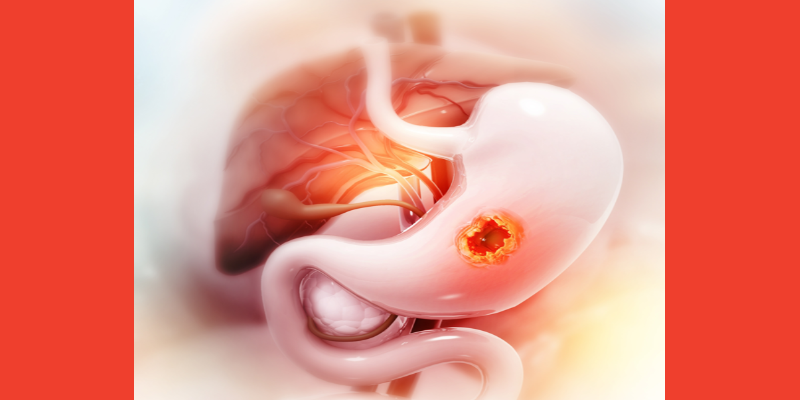
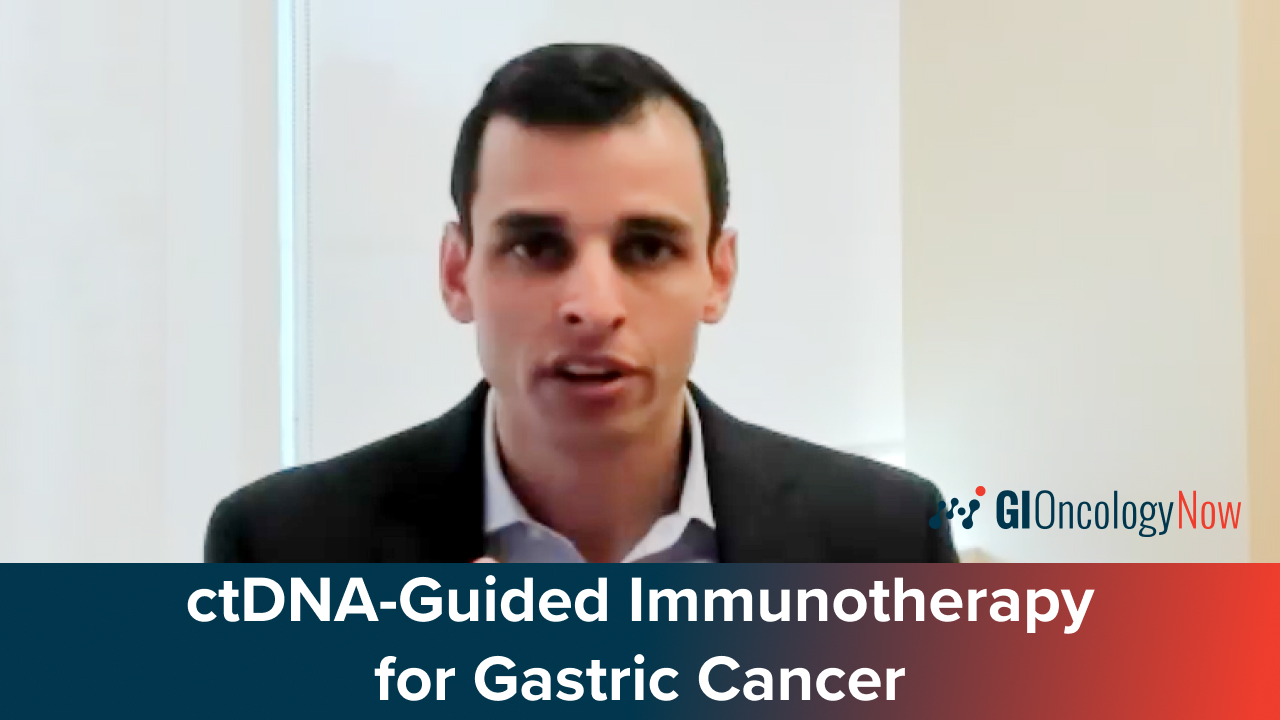
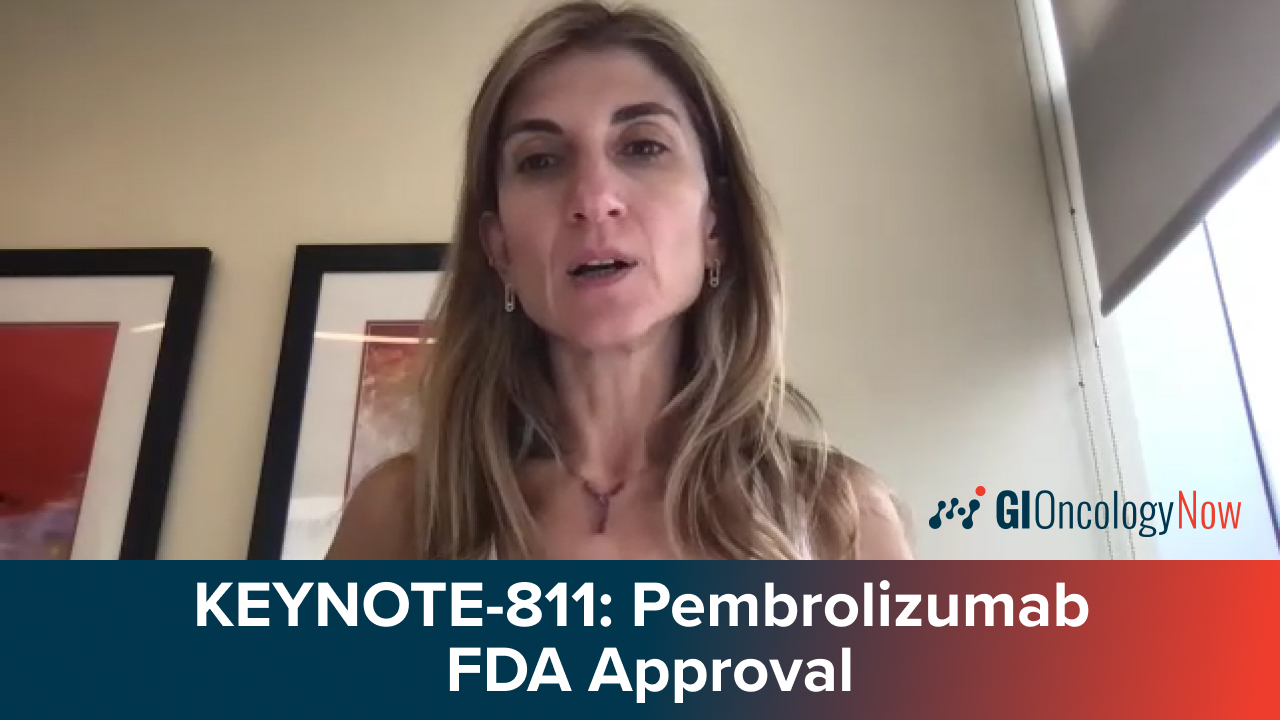
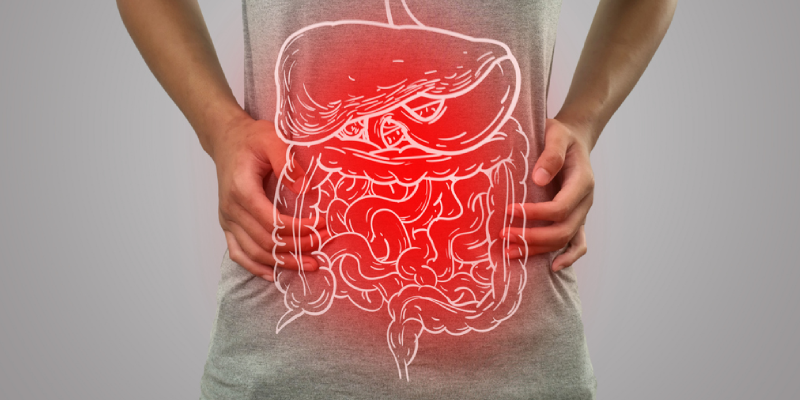
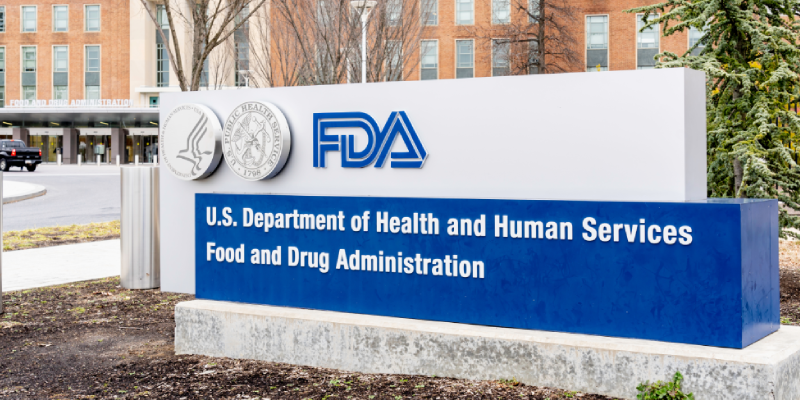

 © 2025 Mashup Media, LLC, a Formedics Property. All Rights Reserved.
© 2025 Mashup Media, LLC, a Formedics Property. All Rights Reserved.